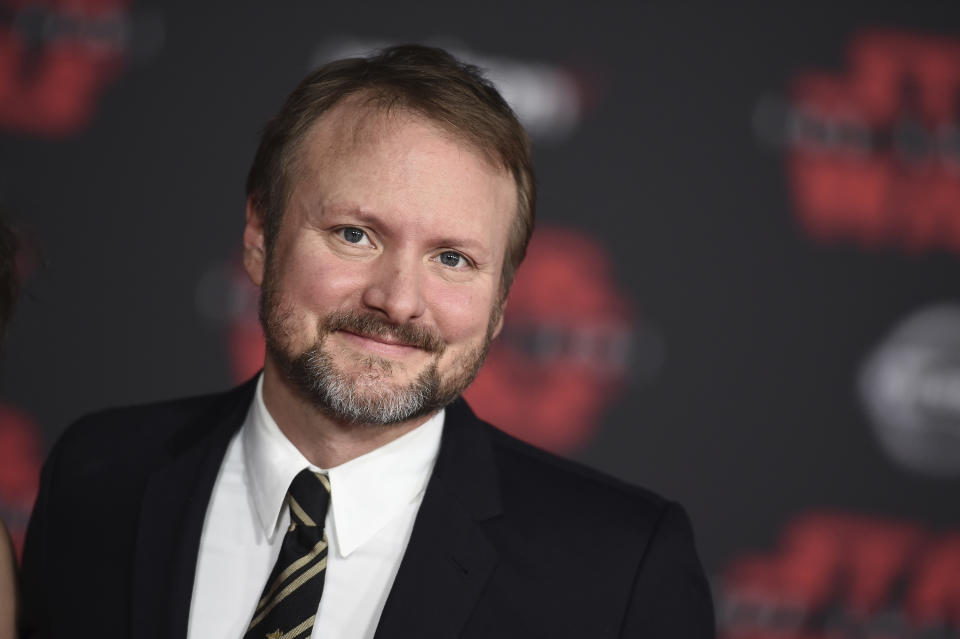Russian web bots helped to stoke 'negative buzz' around 'Star Wars: The Last Jedi'

That mysterious disturbance in the Force surrounding Star Wars: The Last Jedi could have been emanating from Russian bots, a new academic paper claims.
Though it ended up making more than $1.3 billion at the box office, the internet was awash with negative buzz surrounding Rian Johnson’s movie.
Now, a researcher from the University of Southern California called Morten Bay has found evidence that not only were Russian operatives meddling with the US election in 2016, but also Disney’s second major foray into a galaxy far, far away.
His paper is titled ‘Weaponizing the haters: The Last Jedi and the strategic politicization of pop culture through social media manipulation’, and it finds ‘evidence of deliberate, organized political influence measures disguised as fan arguments’.
“The likely objective of these measures is increasing media coverage of the fandom conflict, thereby adding to and further propagating a narrative of widespread discord and dysfunction in American society,” he writes.
“Persuading voters of this narrative remains a strategic goal for the U.S. alt-right movement, as well as the Russian Federation.
“The results of the study show that among those who address The Last Jedi director Rian Johnson directly on Twitter to express their dissatisfaction, more than half are bots, trolls/sock puppets or political activists using the debate to propagate political messages supporting extreme right-wing causes and the discrimination of gender, race or sexuality.”

In researching the social media coverage surrounding the movie on Twitter, Bay found that over 50.9 percent of those tweeting negatively about the film were ‘likely politically motivated or not even human’, and that a number of them ‘appear to be Russian trolls’.
Bay also discusses the reception of the movie among genuine but angry fans, or ‘fantagonists’, who railed against the themes like inclusivity, and the inclusion of strong, leading female characters.
He believes that this has more to do with fans who have become politicised with the current, increasingly right-wing discourse in the US, rather than the movies changing to contain more overtly political messaging.
“Since the political and ethical positions presented in the new films are consistent with older films, it is more likely that the polarization of the Trump era has politicized the fans,”he goes on.
“The divisive political discourse of the study period and the months leading up to it, has likely primed these fans with a particular type of political messaging that is in direct conflict with the values presented in The Last Jedi.”
Johnson himself has expressed an interest in the paper already, re-tweeting Bay’s announcement of his finished paper.
“A bit of Morten’s research came out awhile ago and made some headlines – here’s his full paper,” he tweeted.
“Looking forward to reading it, but what the top-line describes is consistent with my experience online.”
A bit of Morten’s research came out awhile ago and made some headlines – here’s his full paper. Looking forward to reading it, but what the top-line describes is consistent with my experience online. https://t.co/MTRgmPxGgZ
— Rian Johnson (@rianjohnson) October 1, 2018
Read more
12 weird facts about Tom Hardy
First Rocketman trailer
Vic and Bob to make Michael Jackson’s glove movie

 Yahoo Movies
Yahoo Movies 

